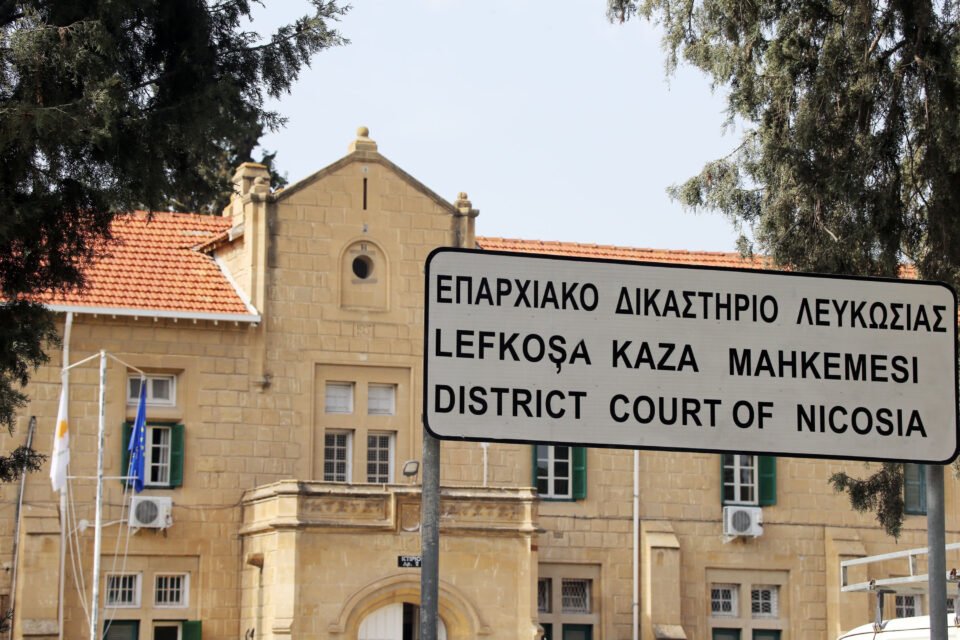Cyprus was ranked 30th out of 143 countries in this year’s edition of the World Justice Project (WJP)’s annual rule of law index, moving up a single place since last year.
The island received a score of 0.67 out of a maximum score of one – the same as last year – seeing it also rank 22nd out of 31 countries in the ‘region’ of the European Union members past and present, European Free Trade Area members, and North America.
The scores given to each country are based on eight factors: constraints on government powers, the absence of corruption, open government, fundamental rights, order and security, regulatory enforcement, civil justice, and criminal justice.
Cyprus’ scores across the eight factors were largely consistent, though the country’s score of 0.60 for open government and 0.62 for civil justice were notable lows, while the scores of 0.73 for fundamental rights and 0.80 for order and security were notable highs.
Broken down into subfactors, Cyprus’ standout highlight is the score allocated to the effectiveness of its criminal investigation system, which, at 0.73, was the third-highest score given to any country in the world.
Other standout scores included a score of 0.83 given in the category, “transfer of power is subject to law”, and a score of 0.82 given in relation to the guarantee of people’s freedom of belief and religion, seeing the island rank 14th worldwide, while other subfactors were less complimentary.
The island ranked a lowly 51st in the category “government officials in the police and the military do not use public office for private gain”, with a score of 0.69, and received a score of just 0.43 for the similar category “government officials in the legislative branch do not use public office for private gain”, ranking 40th.
Additionally, Cyprus received a score of just 0.56 for people’s right to information, ranking 46th, and a score of 0.60 for civil participation, ranking 52nd.
Regarding fundamental labour rights, the island received a score of 0.62 and ranked 50th globally, while scores given in relation to constraints on government power were also in part unflattering.
The island ranked 52nd in the world in the category, “government powers are effectively limited by the judiciary”, with a score of just 0.60, and received a score of 0.52 in the category “government officials are sanctioned for misconduct”, ranking 43rd overall.
On the matter of civil justice, however, the report was in parts scathing, ranking the island 52nd overall over the matter of whether civil justice is free of discrimination, with a score of 0.60, and giving the island a score of just 0.29 over the matter of whether civil justice is subject to unreasonable delay, seeing the island rank a lowly 112th in the world.
Outside of Cyprus, Denmark received the highest score overall, at 0.90, while Norway, Finland, and Sweden completed the top four with scores of 0.89, 0.87 and 0.85 respectively.
The United Kingdom ranked in 14th place with a score of 0.78, Greece ranked in 48th place with a score of 0.60, and Turkey ranked in 118th place with a score of 0.41.
The lowest ranking country was Venezuela, receiving a score of 0.26, while Afghanistan, Cambodia and Haiti rounded off the bottom four.
The WJP said of this year’s global report that “the global rule of law recession has accelerated”, and that “a stark 68 per cent of countries declined in their rule of law in 2025, compared to 57 per cent in the previous year”.
WJP executive director Alejandro Ponce said that “the steady deterioration in the rule of law had slowed in recent years”, but that this year, “we see a sharp reversal: more countries are declining, and fewer are improving”.






Click here to change your cookie preferences